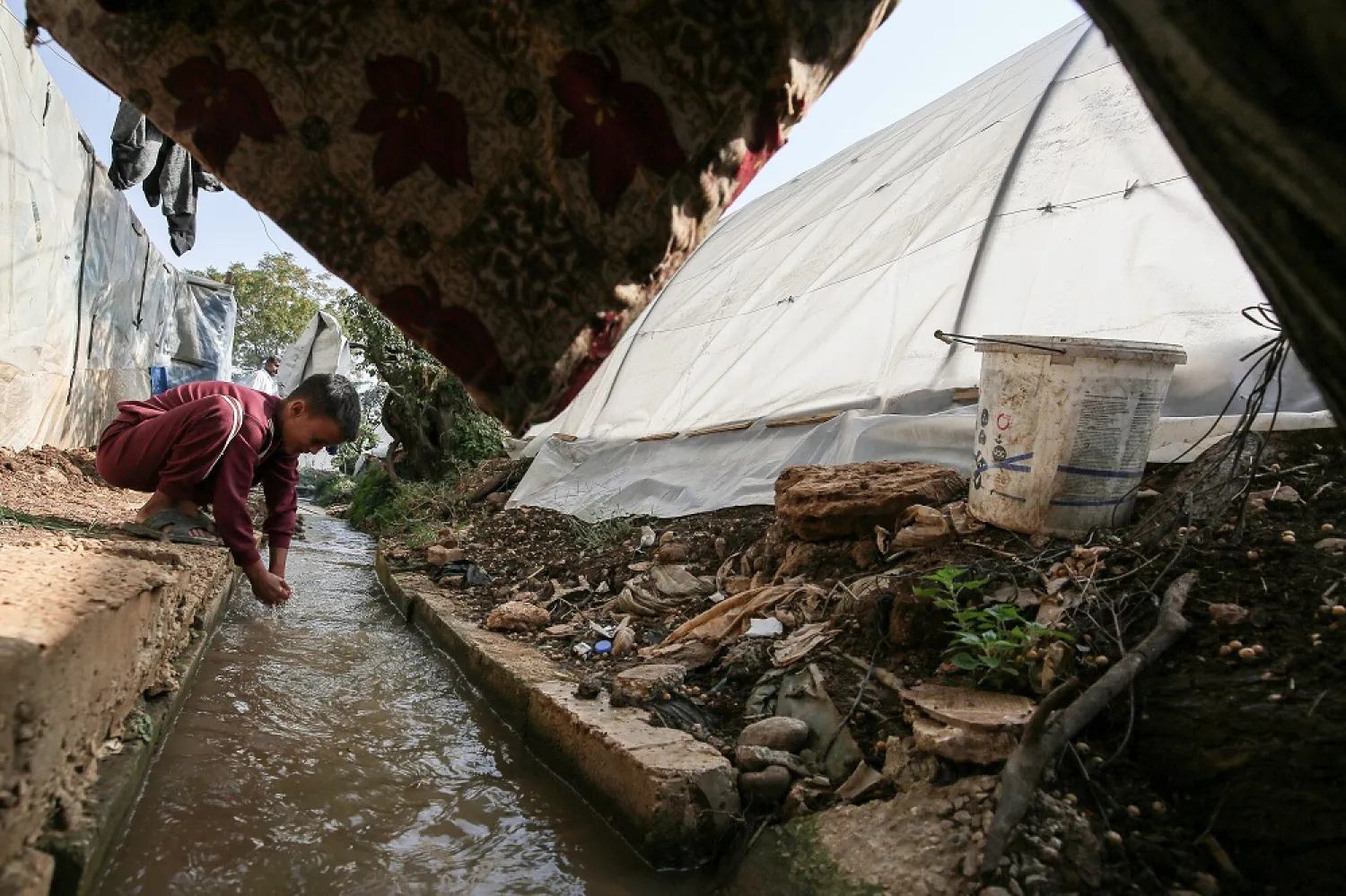Lebanon on Monday received a first batch of vaccines to combat a worsening cholera outbreak - together with sharply worded criticism of its crumbling public health infrastructure from France, which facilitated the donation of the doses.
By Sunday, cases of cholera - a disease typically spread through contaminated water, food or sewage - stood at 1,447, with 17 deaths, since the first were recorded in the country a month ago, Lebanon's health ministry said.
Lebanon had been cholera-free since 1993, but its public services are suffering under a brutal economic crisis now in its fourth year, while infighting among the country's faction-riven elite has paralyzed its political institutions.
The outbreak has reached Beirut, but authorities say most cases remain concentrated where it started in the northern town of Bebnine, where health authorities have set up an emergency field hospital.
The vaccines would play "an essential role" in limiting the disease's spread, Health Minister Firass Abiad told reporters in the capital as he announced the first batch.
Standing next to Abiad, French ambassador Anne Grillo said the delivery comprised more than 13,000 doses. They had been donated by the philanthropic arm of French healthcare company Sanofi and the French government had facilitated their arrival to Lebanon.
"The origins of this epidemic, in which public health is at stake, must also be treated," Grillo told reporters. The outbreak was "a new and worrying illustration of the critical decline in public provision of access to water and sanitary services in Lebanon."
In the Bebnine field hospital, two young boys sat next to each other on one hospital bed, while a mother waited anxiously to confirm if her son, lying limp on another bed and being treated by a doctor and a nurse, had also caught the disease.
Nearby, Syrian children in a makeshift refugee camp played in dirty water chocked with rubbish and medical waste and fed by an outflow from an open pipe.
The World Health Organization has linked cholera's comeback in Lebanon to an outbreak in neighboring Syria, to where it had spread from Afghanistan via Iran and Iraq.









